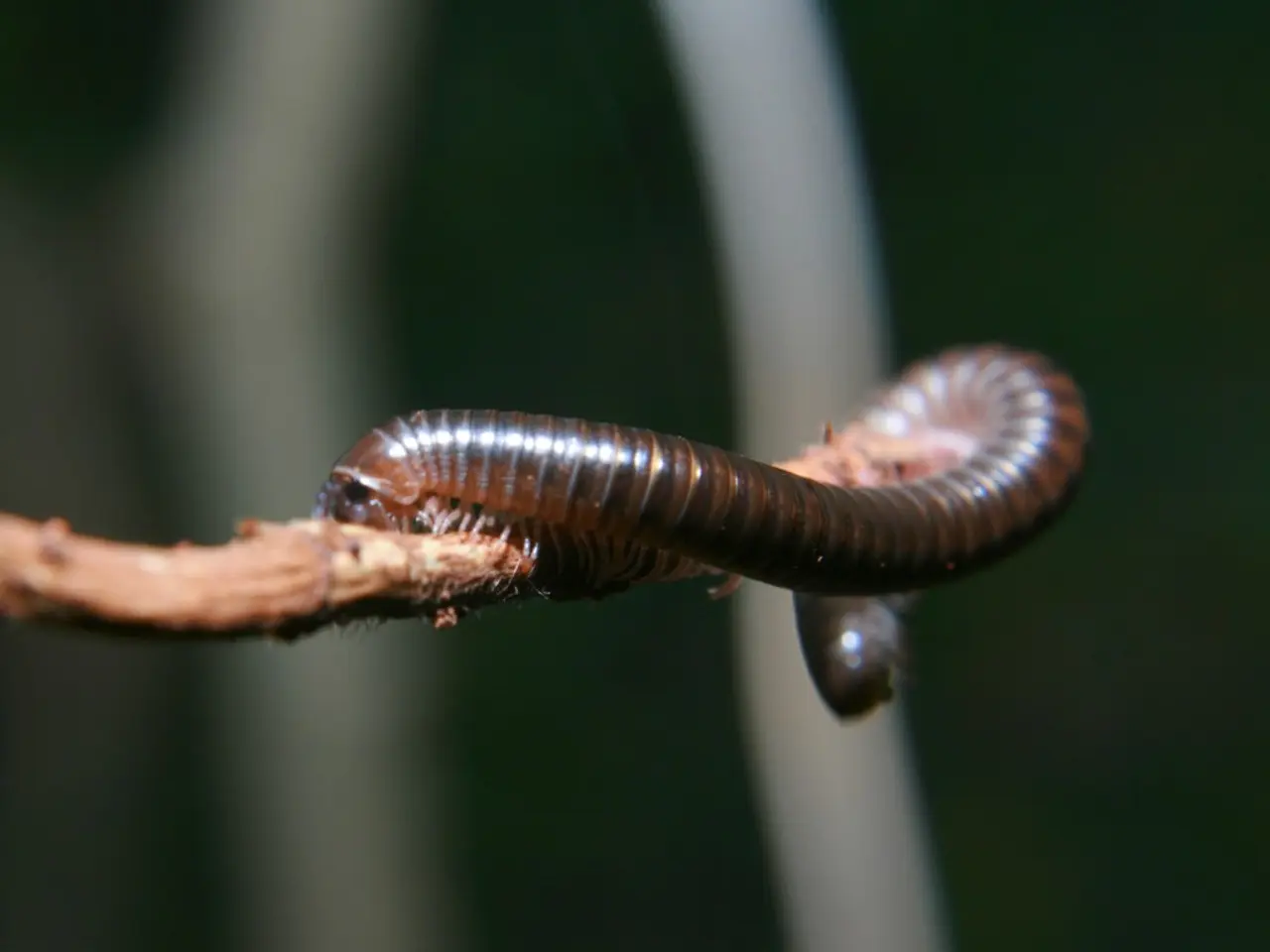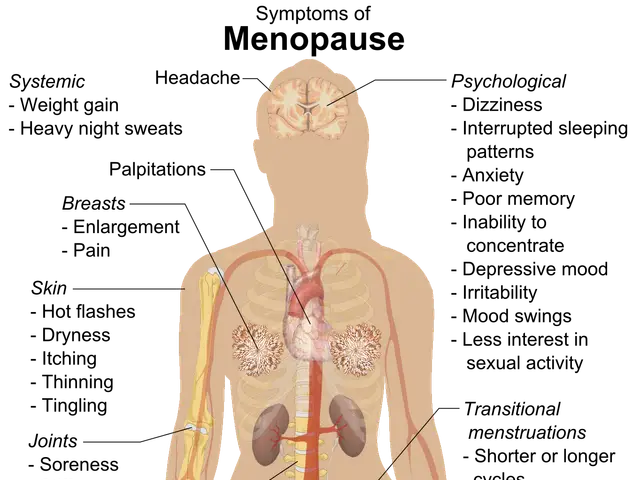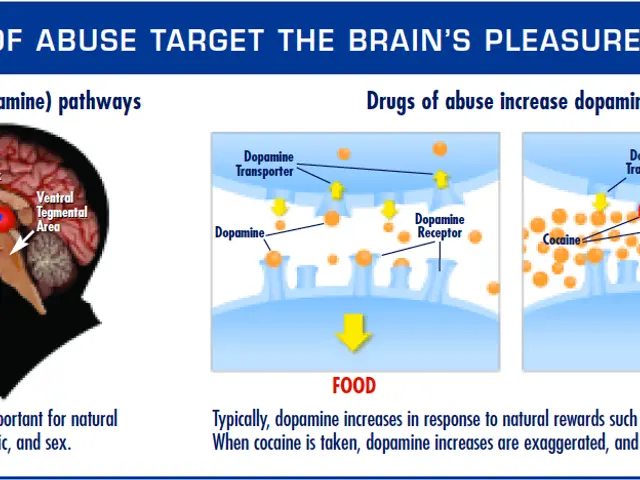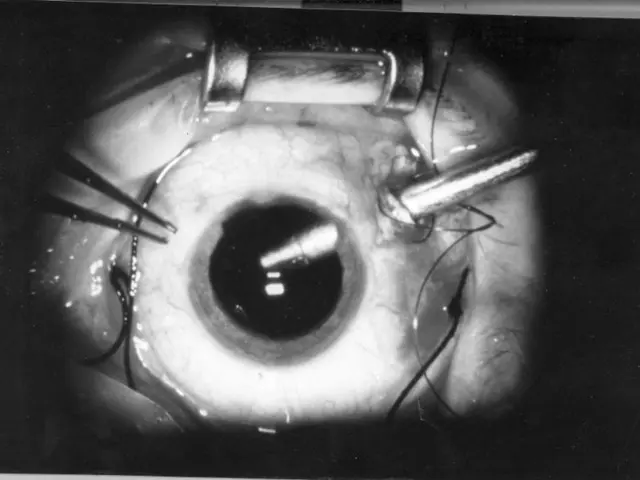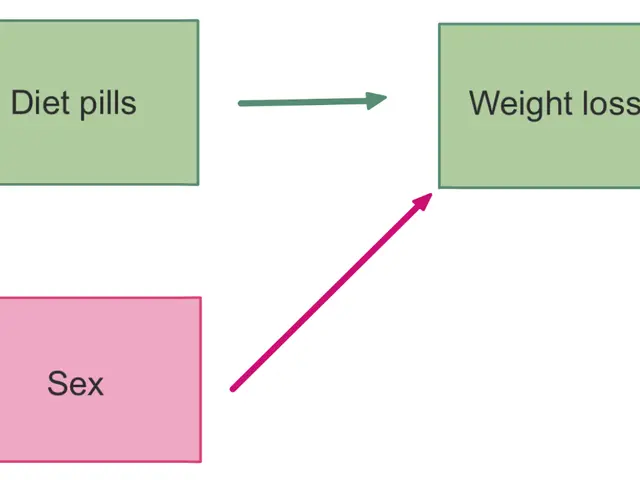Intestinal Parasites: Identification, Origins, and Remedies (Focusing on Pinworms, or Threadworms)
Pinworm infections, the most common type of worm infection in the United States, can be a prevalent issue, particularly among children. Identifying symptoms, implementing good hygiene practices, and seeking appropriate treatment are crucial in preventing and managing these infections.
Symptoms of a pinworm infection may include itching around the anus, which tends to worsen at night, discomfort during bowel movements, restlessness or irritability, loss of appetite, disturbed sleep due to anal itching, and in some cases, secondary infections caused by scratching.
To prevent pinworm infections, maintaining good hygiene is essential. This includes encouraging thorough handwashing with soap and warm water, especially before eating, after using the bathroom, and after changing diapers. Promoting daily showering and underwear changes, ensuring fingernails are short and clean, preventing nail biting, and discouraging scratching the anal area are also important measures. Washing all bedding, towels, and clothing in hot water and drying them on high heat, as well as thoroughly cleaning surfaces that may have come into contact with eggs, can help reduce the spread and reinfection of pinworms.
Treatment typically involves medication and hygiene practices. Antiparasitic medications such as mebendazole, albendazole, or pyrantel pamoate are commonly used. A course of medication usually consists of an initial dose and a second dose two weeks later. Home remedies for comfort, such as creams or ointments to soothe itchy areas, can also be used, but they do not treat the infection itself.
If one member of a household has a pinworm infection, all members should receive treatment to prevent reinfection. Strict hygiene measures should be maintained, and all household members should be educated on good hygiene practices.
During pregnancy, good hygiene practices should be continued, and pregnant women should consult their healthcare provider for guidance. In the case of children, education on good hygiene practices and treatment for all household members are crucial to prevent reinfection.
A tape test, a moistened swab, or visual examination may be used by a doctor or nurse for diagnosis. Adult female pinworms are long, whitish in colour, and look like small pieces of thread. Eggs from the female pinworm can be transferred to various surfaces such as bed sheets, carpets, hand towels, underwear, and clothes. If there is no evidence of pinworms for multiple mornings, a doctor will not diagnose a pinworm infection.
By combining effective hygiene practices with appropriate medication, pinworm infections can be both prevented and treated effectively.
- Beyond pinworms, numerous medical-conditions such as MS (sclerosis), are unpredictable and require continuous monitoring.
- Disease like Crohn's, a type of inflammatory bowel disease, adversely affects digestion and causes discomfort.
- Bipolar disorder, a mental-health issue, often exhibits severe mood swings and may necessitate specific type therapy and treatments.
- Psoriatic conditions affect the skin, often leading to dry, scaly patches and causing discomfort.
- Obesity, a health-and-wellness concern, is linked to various complications including diabetes and certain types of arthritis.
- Dermatitis, a skin condition, can cause itching and redness, and proper care is essential for relief.
- Macular degeneration, a sight-threatening condition, requires timely diagnosis and appropriate therapies.
- Hepatitis, a liver disease, can manifest with symptoms like fatigue and abdominal pain.
- Spondylitis, a type of arthritis, can lead to spinal pain and stiffness.
- Migraine, a neurological disorder, can bring on severe headaches and sometimes last for days.
- Multiple sclerosis (MS) is a degenerative disease that damages the central nervous system.
- Before preparation (prep), for certain medical procedures, it's necessary to discuss any existing health-and-wellness conditions, including HIV and atopic dermatitis.
- Asthma, a respiratory condition, can cause wheezing and shortness of breath.
- AQ (Air Quality) plays a crucial role in managing conditions like chronic obstructive pulmonary disease (COPD) and allergies.
- With scientific advancements, novel treatments for diseases like ankylosing spondylitis are emerging.
- Skin-care isn't limited to cosmetic concerns; it plays a significant role in the treatment and management of several conditions like eczema and rosacea.
